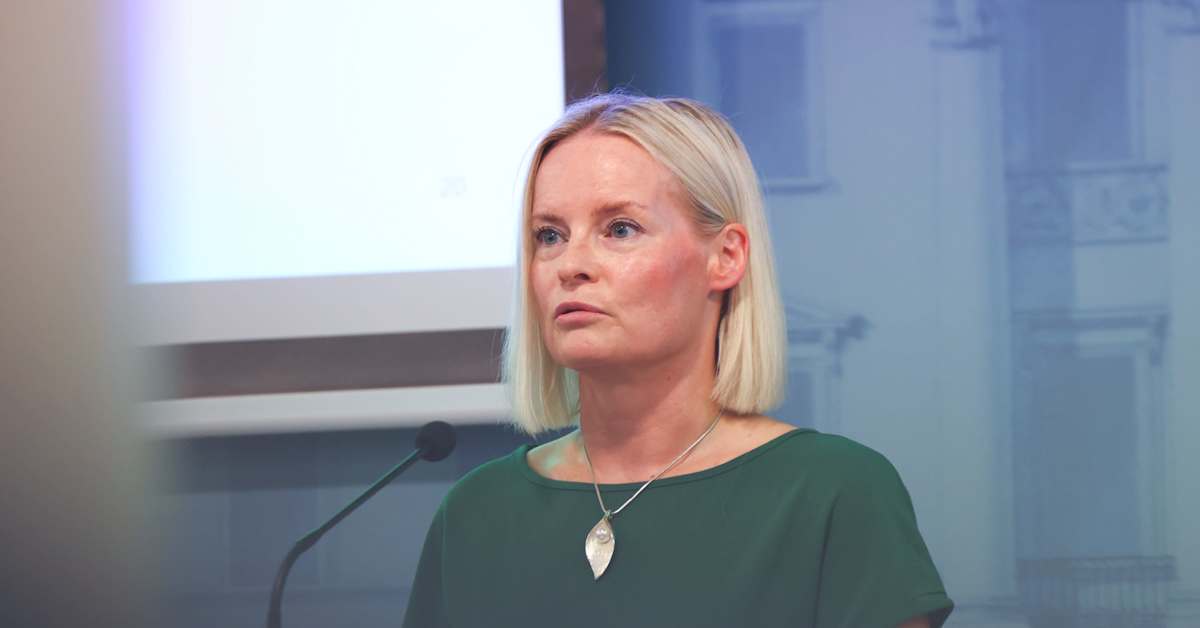Bulgaria Set to Join Eurozone in 2026: Ministers Give Green Light!

In a landmark decision poised to reshape Bulgaria's economic landscape, Eurozone finance ministers have formally recommended the country adopt the euro currency as early as January 1, 2026. This significant endorsement, announced on Thursday, paves the way for Bulgaria to become the 21st member of the Eurozone, marking a pivotal moment in its integration with the European Union.
The recommendation follows earlier, highly positive assessments conducted by both the European Commission and the European Central Bank (ECB). These evaluations meticulously examined Bulgaria's economic stability, convergence criteria, and overall preparedness for adopting the euro. The ministers’ backing signals a strong confidence in Bulgaria’s ability to successfully navigate the transition and reap the long-term benefits of euro membership.
What Does This Mean for Bulgaria?
Joining the Eurozone is expected to bring a host of advantages to Bulgaria. Eliminating currency exchange costs will significantly boost trade and investment, fostering closer economic ties with the rest of the Eurozone. Reduced transaction fees and greater price transparency will also benefit consumers and businesses alike. Furthermore, euro adoption is anticipated to enhance Bulgaria's financial stability and attract foreign investment, contributing to sustained economic growth.
The Road to Euro Adoption: Key Milestones
The journey to euro adoption is a complex process involving several key milestones. Firstly, Bulgaria must continue to meet the convergence criteria established by the Maastricht Treaty, which focuses on factors such as inflation, government debt, and interest rates. Secondly, a legal framework needs to be established to ensure a smooth transition, including the adaptation of national laws and regulations to align with Eurozone standards.
Crucially, public awareness and acceptance are also vital. The Bulgarian authorities will need to launch comprehensive public information campaigns to educate citizens and businesses about the benefits and implications of euro adoption. This will help ensure a smooth transition and minimize any potential disruption.
Challenges and Considerations
While the prospect of joining the Eurozone is largely positive, there are also potential challenges to consider. Some concerns revolve around the potential loss of monetary policy independence for Bulgaria, as it will no longer be able to set its own interest rates. Others worry about the impact on competitiveness, particularly if Bulgaria's economy is not sufficiently flexible to adjust to changing economic conditions within the Eurozone.
Looking Ahead
The recommendation from Eurozone finance ministers represents a crucial step forward for Bulgaria. With careful planning, effective implementation, and ongoing monitoring, Bulgaria can successfully integrate into the Eurozone and unlock its full economic potential. The deadline of January 1, 2026, provides a clear timeline for both the Bulgarian authorities and the broader public to prepare for this transformative change. This move solidifies Bulgaria's place within the European economic sphere and signals a commitment to further European integration.






